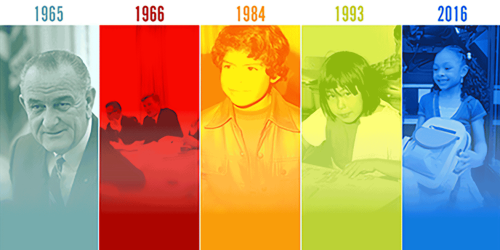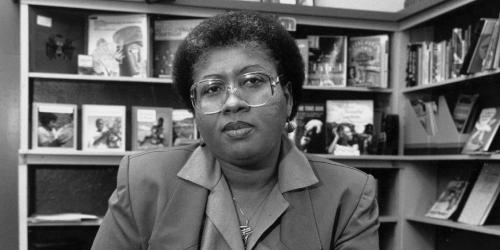Oregon Promise, a program that covers most tuition at Oregon community colleges, appears to be having an impact on the college-going decisions of students—particularly first-generation students.
Once schools are using data to identify the students at risk of falling through the cracks, what’s the next step? Graduation coaches who help kids cross the graduation stage is one potential solution.
Spanish-speaking students—the largest group of language minority students in Washington state—take fewer advanced courses and earn lower grades in those courses than other language minority students and English-only speakers, regardless of whether they are classified as English learners.
Financial aid helps expand college access but not all eligible students apply. This post explores the barriers students face in applying for aid and provides FAFSA-completion strategies for educators.
English learner students who were enrolled in Washington state public high schools between 2009-2010 and 2012-2013 took fewer advanced courses per school year than never-English learner students.
Based on their experiences working with districts in Washington state, our researchers offer three recommendations for districts on using data to help ensure equitable educational experiences for students.
How well do students feel they get along with their teachers? Three students from Portland YouthBuilders share experiences on the role that teacher-student relationships have played in their high school education.
What skills can teachers learn to relate better to their students across cultures? Researcher Vicki Nishioka offers strategies to build teacher-student relationships and close the racial discipline gap.
In honor of Hispanic Heritage Month we celebrate the careers and service of four leaders from our region who are making a difference in the lives of Latino students and families.
What strategies promote teacher collaboration across a school and provide English learners more opportunities for academic success?
Oregon’s Education Innovation Officer writes about the necessity to improve the state’s graduation rate and a few of the promising practices that could help Oregon reach its goal.
We look back on our first 50 years with a video featuring the voices of Education Northwest staff members describing how their work connects to civil rights by striving to create equitable opportunities for all.
Jason Neiffer of the Montana Digital Academy writes about research from REL Northwest that confirms what he's long believed to be a key element for student success in online credit recovery programs.
For students whose home language is not English, properly recording their information can be more difficult for school personnel who are not familiar with naming conventions from other cultural backgrounds.
Joyce Harris won the 2016 award for public service given annually by the University of Oregon Department of Planning, Public Policy and Management and the department’s advisory council.















